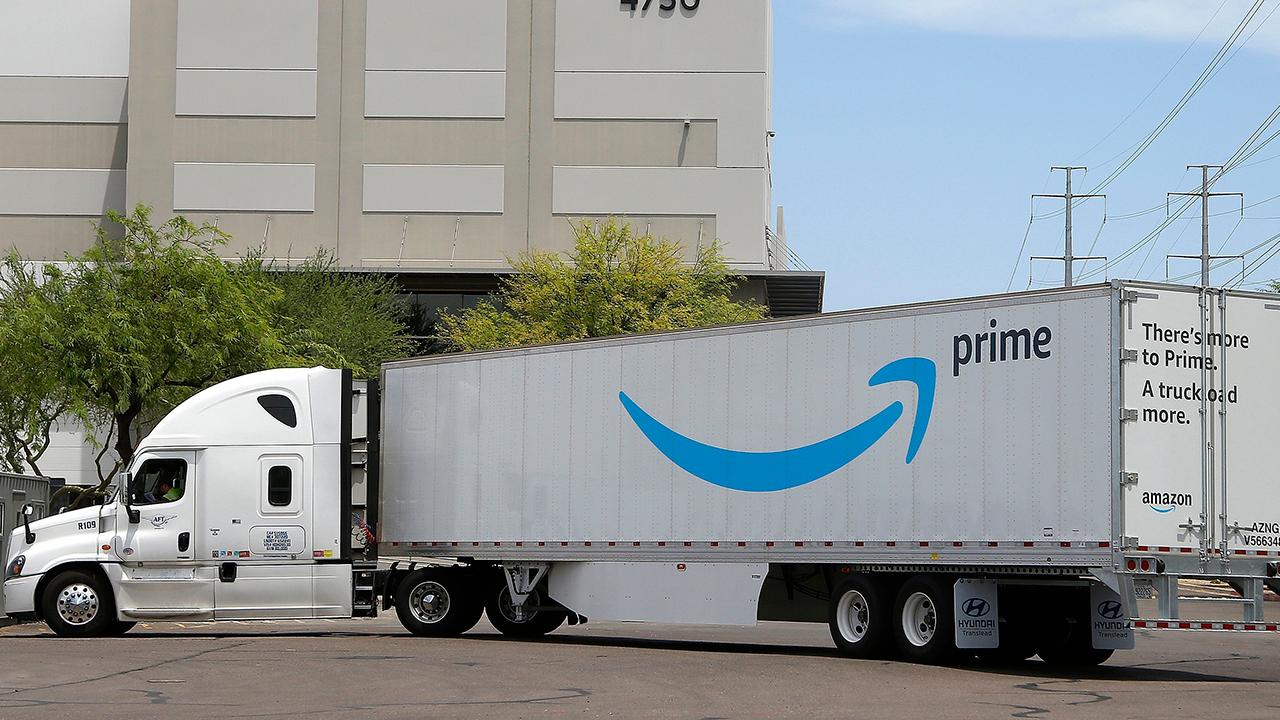Watch out Apple! Prime Day, Alexa catapult Amazon in tablet growth
Apple may hold court when it comes to the tablet industry, but one of its competitors is closing in on the tech giant’s monopoly of that market, as Amazon tablets have catapulted to the number two tablet spot worldwide, according to recently released data.
Thanks to low retail prices, a wildly successful Prime Day in July and the advent of Amazon Alexa, Amazon tablet shipments were up a whopping 141 percent year-to-year, earning tech giant 14 percent of the tablet market share, good for second place for the third quarter of this year according to a Strategy Analytics.
Apple remains number one with 26.5 percent market share.
Despite the global tablet market consolidating and falling four percent (year-to-year) with 38.2 million units shipped in this year’s third quarter, Apple and Lenovo also posted tablet sales growth alongside Amazon.
AMAZON PRIME GIVES FREE GAMING CONTENT TO MEMBERS ON TWITCH — HERE ARE 8 OTHER PRIME PERKS
Apple has been working to reinvent the iPad to keep its number one spot, with keyboards and embedded SIM cards on all cellular models in an effort to turn their tablet into a productivity device.
“Apple released a slightly larger seventh-generation iPad with keyboard support in Q3 2019 for the same price as the previous model, helping drive shipments 4 percent higher year-on-year,” said Eric Smith, director at Connected Computing said in the report, “Larger revenue gains for the company hint at a strong mix of iPad Pros compared to the previous year, as Apple wholesale ASPs (average selling prices) rose by 9 percent.”
Senior Research Analyst Chirag Upadhyay added that the ongoing trade war between the U.S. and China has negatively impacted the tablet market. This is a result of Chinese tech company Huawei, whose products are distributed online by Amazon, being added to the U.S. Commerce Department’s Entity List in May.
SAMSUNG GALAXY TAB S6 TABLET REVEALED
“Huawei shipment volumes fell 18 percent as the U.S.-China trade war restricts its ability to compete outside of the domestic Chinese market,” Upadhyay said. “Its key issue is its inability to launch new Android models outside of China as Western consumers rely heavily on Google Mobile Services."
But long term he expressed concerns. "We believe that Huawei’s brand can sustain an abbreviated trade war, but a slow resolution to the trade war could hurt its relationships with consumers, distributors, and carriers alike.”




















